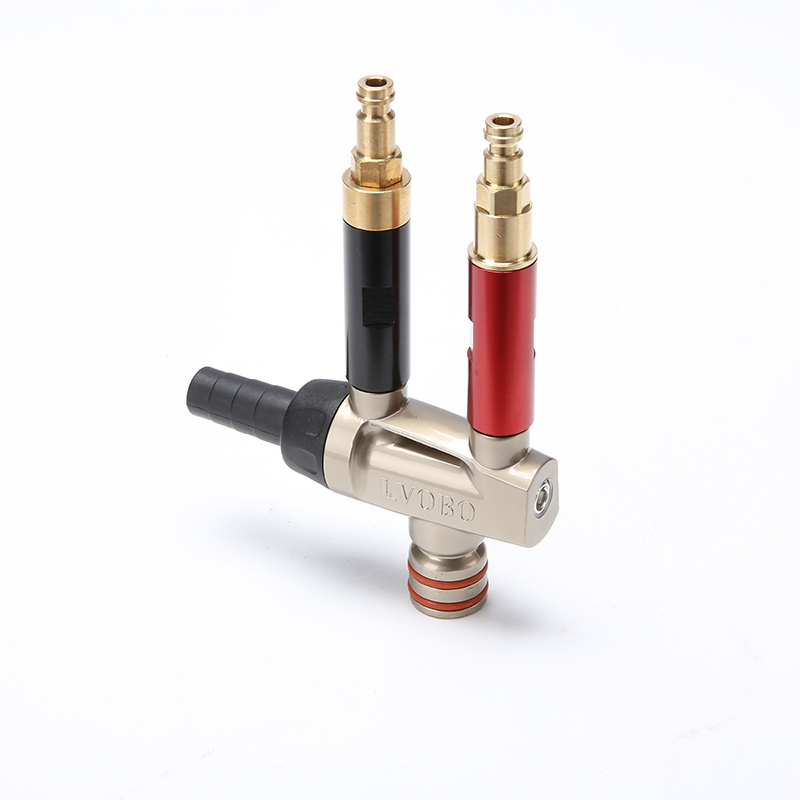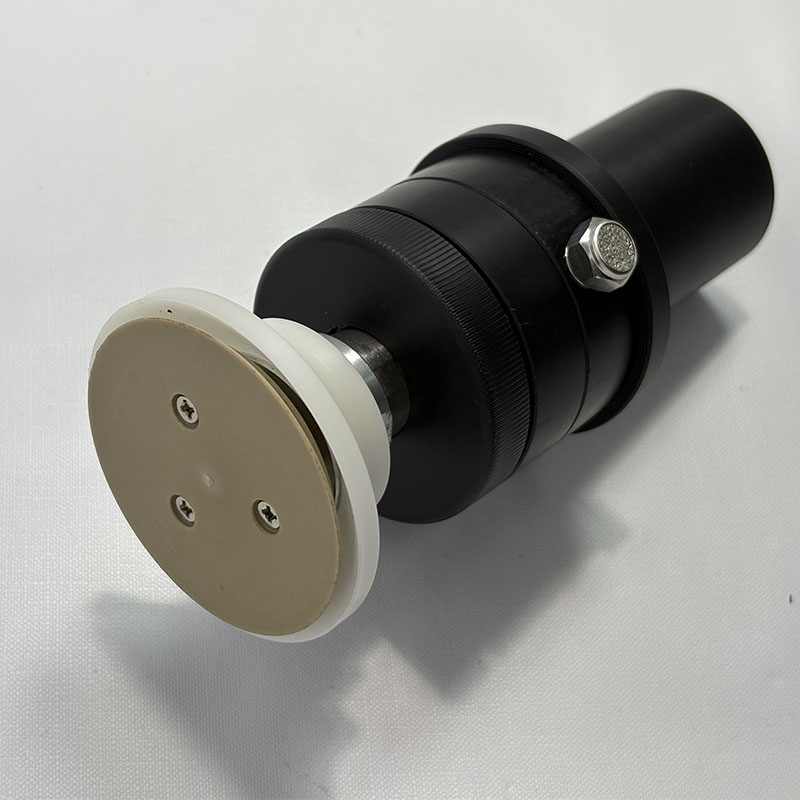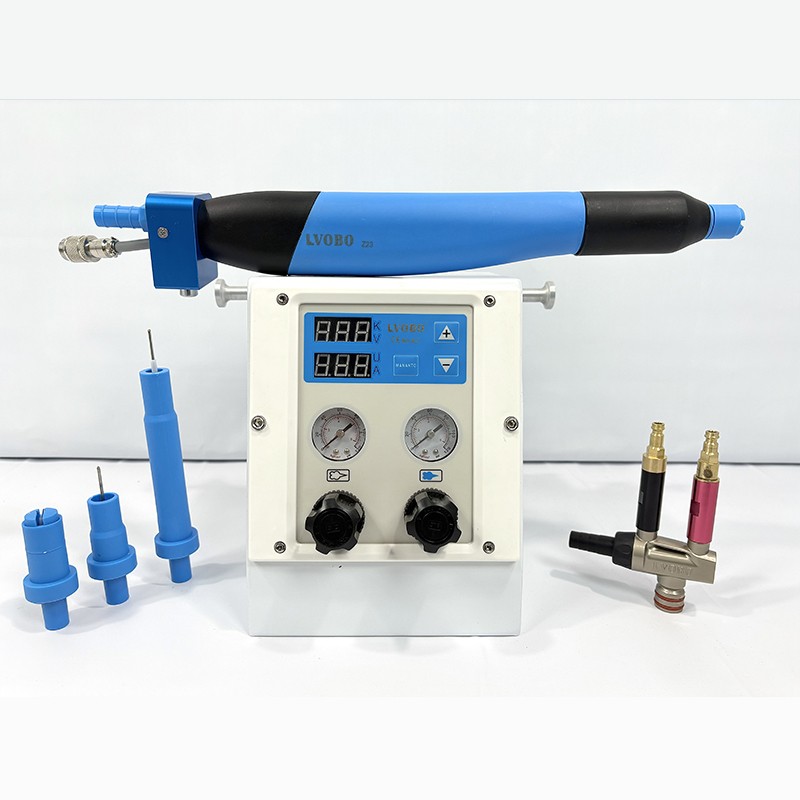
With the continuous progress of science and technology and the increasing demand of industry, electrostatic spraying technology will usher in a broader space for development in the future, especially in the control of bubble problems, which is expected to achieve a qualitative leap through various innovations. The following are several important directions for future development:
Research and development and application of new coatings
In the future, the coatings industry will continue to evolve towards high-performance and eco-friendly solutions. The development of new coatings will focus on addressing the common issue of bubble formation during electrostatic spraying. For instance, low-viscosity and low-volatility coatings are expected to become mainstream, as they not only reduce bubble generation but also enhance coating uniformity and adhesion. Additionally, the application of nano-coatings and functional coatings is becoming a growing trend. Nano-coatings utilize their unique microstructure to effectively lower surface tension, thereby minimizing bubble formation. Functional coatings further optimize spray performance by incorporating specific additives such as defoamers and leveling agents.

The popularization of intelligent spraying equipment
The widespread adoption of intelligent coating equipment will be a crucial direction for the future development of painting technology. By integrating Internet of Things (IoT), artificial intelligence (AI), and big data technologies, these systems can achieve real-time monitoring and automatic adjustments. For instance, smart coating robots can automatically adjust spraying parameters (such as pressure, distance, and electric field intensity) based on the workpiece's shape and surface condition, thereby minimizing bubble formation. Furthermore, intelligent equipment can predict potential bubble generation through data analysis and implement preventive measures in advance, further enhancing coating quality.

Prediction and simulation of bubble problem
In the future, prediction and simulation technologies for bubble formation will become a key research focus. By developing precise mathematical models and computer simulation systems, we can predict bubble generation locations and quantities before coating processes, thereby optimizing process parameters. For instance, simulation software based on fluid mechanics and thermodynamics can analyze the flow behavior and volatilization characteristics of coatings during spraying, providing theoretical foundations for bubble control. Additionally, the application of virtual reality (VR) and augmented reality (AR) technologies will offer intuitive visual support for coating process optimization, helping operators better understand bubble formation mechanisms.
Our hours
Monday - Saturday: 8:00 AM - 6:00 PM